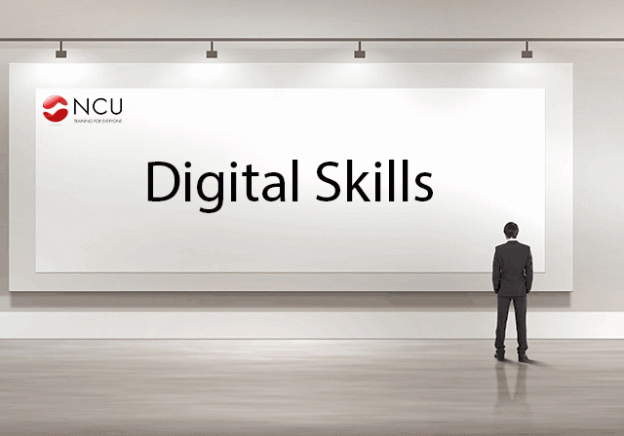
Article from the
While sixth-year students are very busy preparing for practical and oral exams, it is a quiet time of the year in relation to the CAO. Of course, this does not mean that students should not be thinking about life after the Leaving Cert and there are a number of non-CAO options they can consider now, including these:
ESB
The ESB is currently heavily engaged in a marketing campaign to recruit apprentices to their electrical apprentice scheme. The application process closes on March 25. This apprenticeship has been running for many years now and is extremely popular.
Applicants must hold at least a Junior Cert with Irish, English, maths, science and two other subjects. However, as competition is likely to be high, a strong Leaving Cert may be helpful. The application form will take 60 minutes to complete and will time out if left inactive for too long.
Applicants will also be asked to take an online aptitude test in five different areas. These will include verbal reasoning, spatial awareness, mechanical/technical, logical reasoning, numerical reasoning. Interested applicants will find more information by phoning 1890 393939 or by emailing apprentices@esb.ie.
Recruitment is also open for a number of other apprenticeships, including Ryanair’s aircraft maintenance and engineering apprenticeship and Bus Eireann’s heavy vehicle mechanic apprentice.
See also the apprenticeships.ie website.
RACE
The Racing Academy and Centre of Education (RACE) based in Kildare offers training for careers in the equestrian industry. Programmes include jockey and trainer courses, stable hand and management courses, as well as farrier training. The trainee jockey course is a 42-week residential programme, which allows graduates to become apprentice jockeys. It is also recognised by QQI as a Level 4 award. The assistant trainer course will allow graduates to obtain an assistant trainer’s licence and progress towards a full trainer’s licence. Graduates will also receive a FETAC Level 5 award.
Further education courses
As you can see from our important career dates list, this week there are a number of further education colleges holding open days and interview sessions. I have been approached by some sixth-year students this week who have asked me if it is too late to apply for a PLC. We have been encouraging our sixth-year students to apply for further education courses since November, however there are always some who choose not to do this.
Perhaps it is receiving less than ideal mock results that has focused minds. Regardless of the reason, I am glad to say it is not too late to apply.
All applicants should be aware, however, that further education colleges will continue to meet and interview applicants until all their places have been filled. Popular courses fill up quickly and some may already have their quota of students. However, not all those places may be taken up, so there could be availability down the line. Therefore, it is essential for students to apply now if they have not already done so. This will allow them to head into their mocks and orals safe in the knowledge that they have a college place waiting for them in September.
Aoife Walsh is a guidance counsellor at Malahide Community School, Co Dublin



